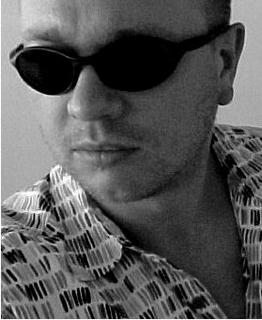So.... Montreal was fantastic. Well Old Montreal was fantastic. It seems to be experiencing a renaissance with many of the old buildings being renovated, the last of the old street names and hotels have been converted from English to French by prefixing them with "Le" or "La" such as the excellent Hotel Le Saint James in a desperate attempt to eradicate the obviously Britannic roots of this marvelous city by Quebecois pomposity. Laura and I had a marvelous time and continued to fall ever more in love with each other, much as we do on a daily basis but with more eating out.
Montreal was the most populous city in North America in 1860 and the richest city in Canada until the Quebecois started demanding independence. The declaration of French as the only official language of Quebec together with the linguistic and cultural ethnic cleansing of English by the Quebecois stripped Montreal of its economic powerhouses as the both the successful companies and individuals left for Toronto (including the Bank of Montreal).
What was once a thriving and wealthy city has really been turned into a quaint has-been of a metropolis that makes money from tourists coming to visit Canada's second pretty French place. I am however willing to forgive the Quebecois a little bit as they cook better bread than anyone else in Canada.
Toronto is a city segmented by the nationality of it's immigrants; there is a Chinatown, a Little India, a little Greece, two Little Italys ( the original one around College Street and the newer more affluent one around Woodbridge); a huge Korean population around Yonge and Finch and a centre for just about everyone else except the French, English, Irish and Scottish who have dispersed into and formed the first white populations in the Toronto area. The land was purchased in 1787 from the local Missisaugas (Native American Indians) for 1700 pounds sterling and some goods by the British Commander Lord Dorchester in Montreal. John Graves Simcoe, the first Lieutenant-Governor of Upper Canada arrived in the Toronto area in 1793. There was no city or street plan at the time, it was just some land by a lake, the area called Toronto by local Iroquois is actually about 2 hours North by what is now lake Simcoe. Lieutenant Govenor Simcoe spent three years here and during this time had a ten block town layed out with modest buildings for parliament, court and religious services and called it York after the Duke of York. York changed it's name to Toronto in 1834.
The first phase of my project went live but a change in the financial certainty of the product I was replacing has undermined the budget for the subsequent phases and I lost three embers of my team so the last few weeks have been somewhat fraught at the office and I feel geographically uncertain about the next few months.
Laura and I more or less live together now and this has given me the opportunity to flex my cooking muscles; she can't eat disaccharides or polisaccharides. So I am cooking to rules laid down here which is quite a stretch, but fun as I love juggling pots and pans.
We are back to Costa Rica for two weeks on Wednesday with a week on vacation in the middle... can't wait!
Subscribe to:
Post Comments (Atom)

No comments:
Post a Comment